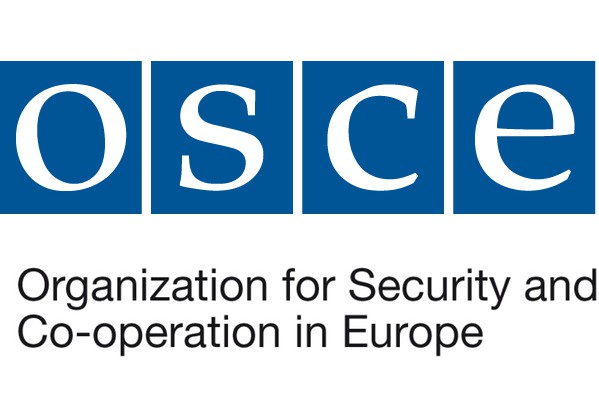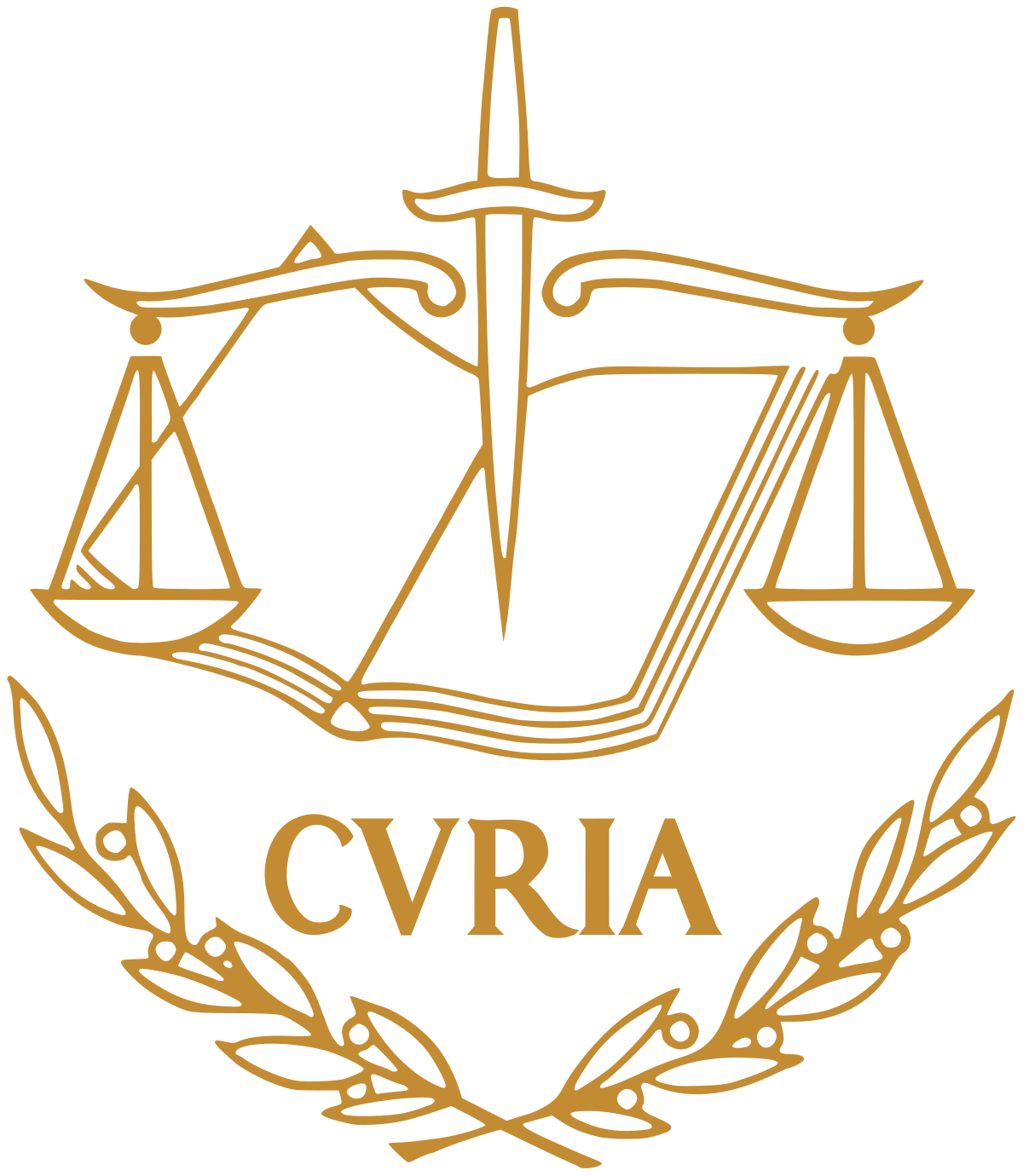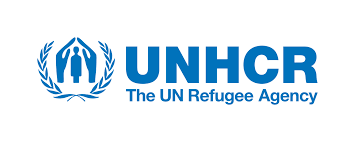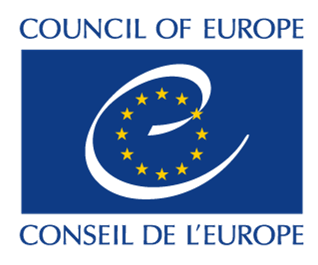Collections
Internet links and resources
Search filters

Office for Democratic Institutions and Human Rights (ODIHR)
The OSCE Office for Democratic Institutions and Human Rights (ODIHR) provides support, assistance and expertise to participating States and civil society to promote democracy, rule of law, human rights and tolerance and non-discrimination. ODIHR observes elections, reviews legislation and advises governments on how to develop and sustain democratic institutions.
Last update:

Court of Justice of the European Union (CJEU)
Since the establishment of the Court of Justice of the European Union in 1952, its mission has been to ensure that "the law is observed" "in the interpretation and application" of the Treaties. As part of that mission, the Court of Justice of the European Union:
1. reviews the legality of the acts of the institutions of the European Union,
2. ensures that the Member States comply with obligations under the Treaties, and
3. interprets European Union law at the request of the national courts and tribunals.
Last update:

United Nations High Commissioner for Refugees (UNHCR)
The UN Refugee Agency is a global organization dedicated to saving lives, protecting rights, and building a better future for refugees, forcibly displaced communities, and stateless people.
Last update:

European Commission for Democracy through Law (Venice Commission)
The European Commission for Democracy through Law (the Venice Commission) is the Council of Europe advisory body on constitutional matters. It is composed of independent experts in the field of constitutional and international law and political science. It provides independent country-specific expert advice and draws up general standards.
Last update:

Committee of the Parties to the Convention on the Protection of Children against Sexual Exploitation and Sexual Abuse (the Lanzarote Committee)
The Committee of the Parties to the Convention on the Protection of Children against Sexual Exploitation and Sexual Abuse is the body established to monitor whether Parties effectively implement the Lanzarote Convention. Composed of representatives of the 48 Parties to the Convention (the members) as well as participants and observers who meet regularly in plenary sessions, it assesses the situation of the protection of children from sexual violence at national level on the basis of the information provided by the national authorities and other sources.
Last update:

Advisory Committee on the Framework Convention for the Protection of National Minorities
The Advisory Committee is the independent expert committee responsible for evaluating the implementation of the Framework Convention in state parties and advising the Committee of Ministers. The results of this evaluation consist in detailed country-specific opinions adopted following a monitoring procedure of State Reports and other sources of information. It is composed of 18 independent experts elected and appointed for four years with a recognised expertise in the field of the protection of national minorities.
Last update:

Commissioner for Human Rights
The Commissioner for Human Rights is an independent and impartial non-judicial institution established in 1999 by the Council of Europe to promote awareness of and respect for human rights in the 46 Council of Europe member states.
Last update:

European Committee of Social Rights
The European Committee of Social Rights monitors Council of Europe member states' compliance with the European Social Charter. It consists of 15 independent and impartial members, elected by the Committee of Ministers of the Council of Europe.
Last update:

European Committee for the Prevention of Torture and Inhuman or Degrading Treatment or Punishment (CPT)
The CPT was established under the “European Convention for the Prevention of Torture and Inhuman or Degrading Treatment or Punishment,” which came into force in 1989. It provides for a system of visits to places of detention to verify the conditions of treatment of persons deprived of their liberty, the results of which are presented in a report transmitted to the government of the state concerned. CPT members are independent and impartial experts with expertise in a variety of professional areas.
Last update:

